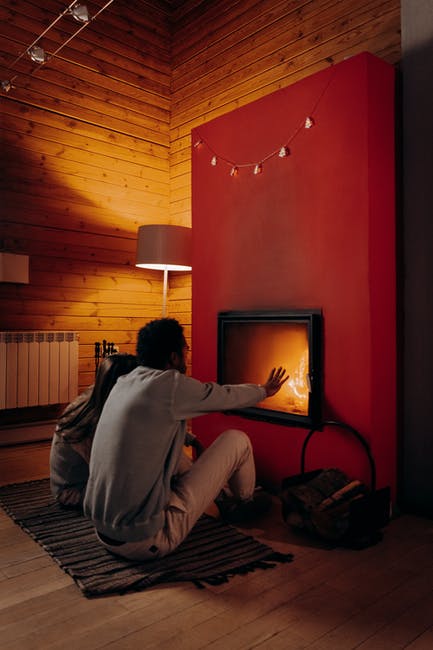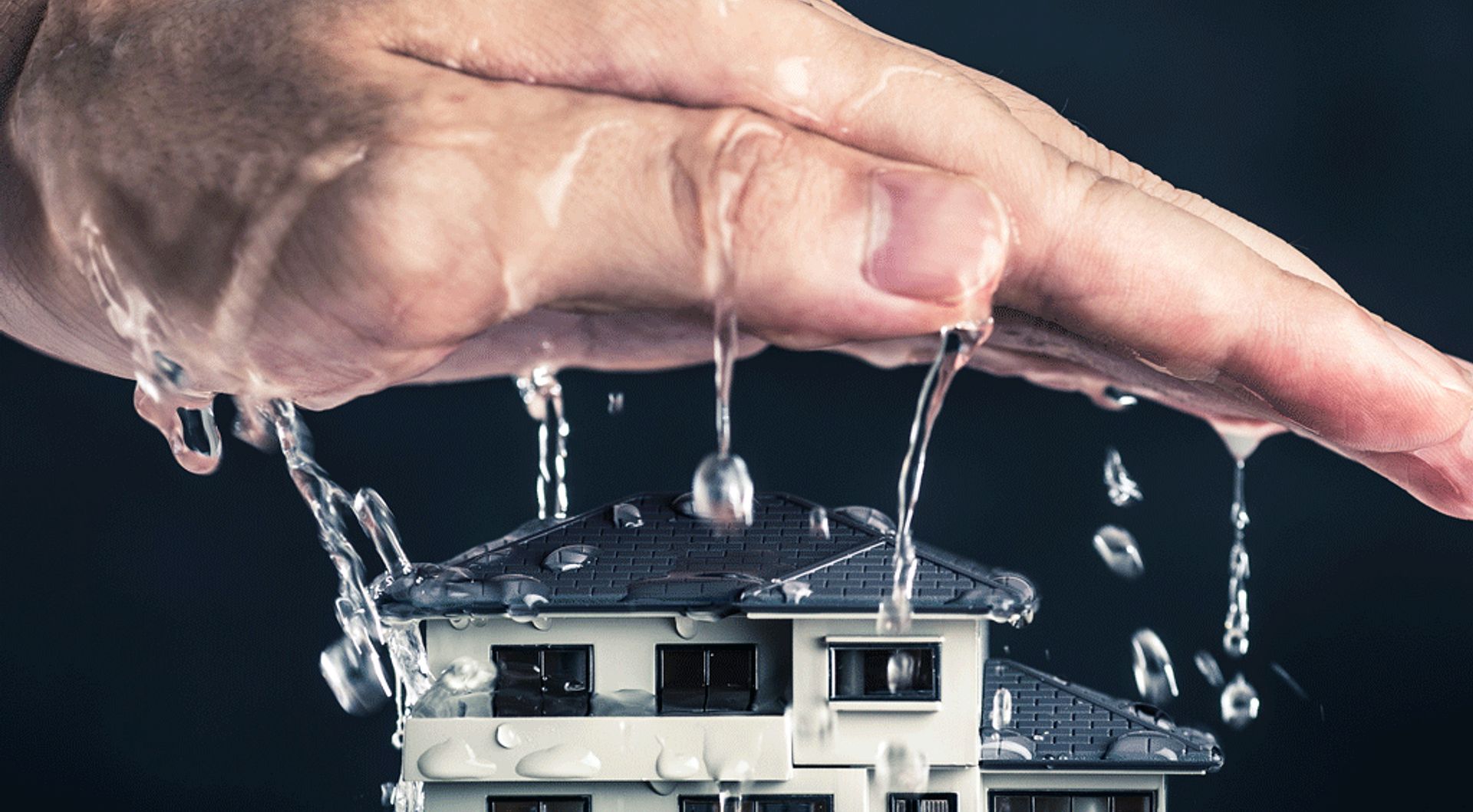Heating is an essential part of home ownership. Many comfort issues come from using a space with an inadequate heating system.
The problem with heating is that it comes with a cost, and it also comes with maintenance. Therefore, when there is budget uncertainty about heating, most people stress over choosing a heating system.
Here’s what you should know about the different types of heating systems and the options that come with them:
Table of Contents
Furnaces
Furnace heaters come in various styles and use natural gas, electricity, propane, or oil. It includes traditional, central, ductless mini-split, hybrid, and energy-efficient models.
Furnaces must be to match the size of the home or building. Other features of furnaces can include a thermostat, humidifier, and air cleaner. It also consists of a fan circulating the heated air throughout the building.
Boilers
Boilers are excellent for larger homes, as they heat the entire home effectively. They are also more efficient than other heating systems, giving more heat per BTU energy. Boilers can use either natural gas, propane, or oil as a source of energy.
Boilers give both hot water and heat at the same time. It makes them an efficient and effective system. Boilers now come in various sizes and efficiency ratings, making it easier to find the perfect model for any home or budget.
Radiant Heating
Radiant heating systems function by warming surfaces and not by heating the air. They are ideal for specific rooms that are only sometimes used. They can also provide constant heat without ‘hot spots’ or drafts.
Radiant heating is also quite simple to install, requiring only a few materials. It is also pleasing, often as elegant radiators or unobtrusive panels. Coupling it with other heating systems, such as hydronic pumps, adds extra comfort and efficiency.
Electrical Baseboard
Electrical baseboard heaters are an attractive option since they are easy to install. It’s also cost-effective and provides both radiant and convection heating.
This type of heater uses electrical current to heat an element housed within a metal box. It releases heat from both the top and the sides of the box.
They were installed near the baseboard, making the most of their radiant heat capabilities. They can provide energy savings due to their efficient heating design.
Heat Pumps
Air-source heat pumps are the most common, using air to provide heat energy. They are affordable and energy efficient, making them an excellent home heating choice.
Ground-source heat pumps use the earth’s natural temperature to heat or cool a home. And are more energy efficient and cheaper to install than air-source systems.
Geothermal heat pumps use natural heat from the earth. It provides heating and cooling and is efficient.
But it needs more installation and maintenance. Solar-powered heat pumps use energy from the sun to help power the pump and reduce energy costs.
Direct Heat
Electrical resistance heating systems use air-filled coils to heat air. These systems are efficient for their small size. They are primarily found in homes with forced-air HVAC systems. Hydronic systems use hot water or steam to heat upon contact.
They’re best suited for more significant buildings or commercial spaces. These systems can regulate temperatures on a room-to-room basis.
Hydronic systems are effective at creating uniform temperatures. It also helps to reduce allergens and pollutants in the air.
Both heating systems need regular maintenance, which can become inefficient over time. Regular monitoring ensures they are functioning at peak efficiency.
Mini-Splits
Mini-split systems offer both heating and cooling capabilities. It is ideal for single-room applications. It allows users to zone-target specific rooms for greater comfort control. Energy efficiency ratings are also higher than traditional furnaces.
Mini-Split systems are easy to install. It can run without any ductwork or vents. Make them look more discrete in the home than bulky furnaces.
These systems are ideal for older homes that don’t have pre-existing duct work. It’s also suitable for homes with open floor plans, renovations, or room additions.
Solar Heating
Solar heating is a heating system that uses solar energy to convert sunlight into heat. This system utilizes the sun’s energy to heat a residence, business, or organization. It is a viable and cost-effective way to warm a building or other large-scale space.
Solar heating systems are designed to absorb energy from the sun and convert it into heat without standard electrical power. This type of system is both energy-efficient and cost-effective, making it an excellent choice for large-scale operations.
When selecting a solar heating system, you should consider installation costs, maintenance needs, and types of equipment that are most suitable for your needs. As solar heating has become more popular and available, there have been more cost-effective options for installation and maintenance, making it more attractive for businesses and residential buildings.
Panel Heaters
The most significant advantage of panel heaters is their low running costs. They are handy for smaller rooms, as they can regulate the heat output, and their low wattage does not put too much strain on the electrical system. You can also check https://www.qbicheating.co.uk/panel-heaters for more information on panel heaters.
They have various features, such as digital thermostats, energy-saving designs, oscillating louvers, and adjustable fan speeds. They are also reticent and can be wall or ceiling mounted. They can be used with other heating systems to attain an optimal indoor temperature.
Exploring the Different Types of Heating Systems
Depending on your home, lifestyle, and climate, various heating systems are available to accommodate you and your needs. There are many factors to consider when selecting heating system types, such as efficiency, cost, and convenience.
Use this guide to explore the types of heating systems and decide which is best for you. Make the best choice for your home today!
If you find this article educational, browse our blog for more interesting reads.





